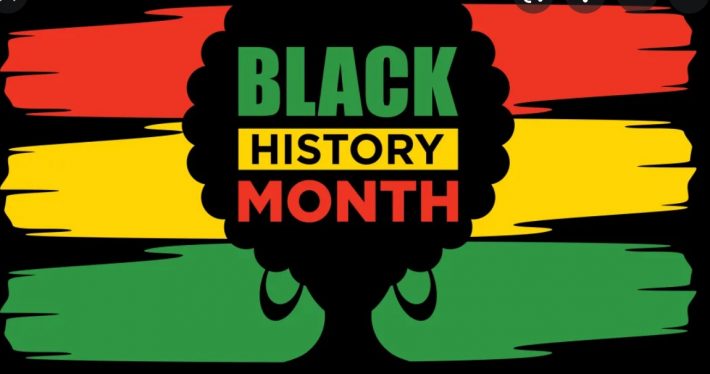As a first-year student at the University of Westminster since starting my course, I was intrigued by a huge flag outside of the main building in Regent Street Campus. The flag represents the Black History Month. I am sure many students and the public have also noticed it.
I also became aware of the seriousness of the month during the first meeting of DEN this academic year. I was asked to write a blog on Black History Month, and when it started? Why should we celebrate it? Is it just for Black people? Could anyone recognise, involve and celebrate Black accomplishments and their impact on our world and humanity. This short blog is an attempt to answer these questions.
The origin of Black History Month goes back to 1926 when Carter G Woodson (1875-1950), known as the father of Black history in the United States. He called the month of February to be “Negro History Week.” Woodson was a poor working-class man with no or very little access to education or a job at an early age.
He found a job in a coal mine, saving his money to educate himself. He went to a school that was for Black students. He continued his study, earning a master’s degree from the University of Chicago and later a PhD from Harvard University. In 1926. Woodson became a historian, writing books and articles extensively.
His struggle against racism, representation and exclusion of African Americans in schools, colleges, universities and education books encouraged him to join forces to establish the association for the study of negro life and history in 1916. He and his followers later launched the journal of “Negro History” which published African American history in honour of the achievements of people with Africa descent.
In 1926 on the second week of February, Woodson and his organisation launched Negro History Week to promote the study of Black history in universities schools and the Black community.
Black History Month was first launched in the United States in 1976. All the United States presidents chose February as their day to celebrate Black History Month. The day is the birthday of two influential men: Frederick Douglass, who escaped slavery and became a prominent activist, author, and public speaker, and Abraham Lincoln, who played a crucial role in freeing slaves.
Later, Black History Month was recognised as an important event, and different governments such as, Canada, the United Kingdom and Ireland, celebrated it. For example, in the United Kingdom, it was first celebrated in October 1987, which was the 150th anniversary of Caribbean emancipation when the Caribbean was finally freed from the bondage of chattel slavery.
Finally, Black History is everyone’s history; it concerns the struggle of Black people against discrimination. This history has been systemically left out of our educational books and mainstream media. Black History Month provides us with an opportunity to learn, celebrate and work together on breaking down barriers and the privileges that continue today.
A final message I would like to say is I would encourage everyone in the world to fight racism, discrimination, and hate towards Black people and other races. This is why we should remember the reason Black History Month is known around the world.
Okafor Bruno Chukwuemeka, Year 1, BA (Hons) International relations

Vernatius
I find this truly fascinating and important . I hope to read more
Utamoni
Good work
Well done bruno 👏
Viv. C. Okafor
Phenomenal read!